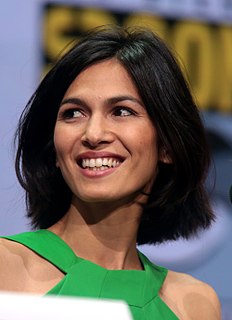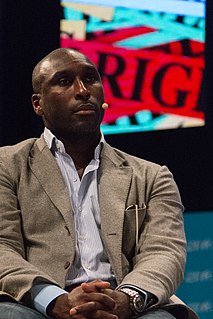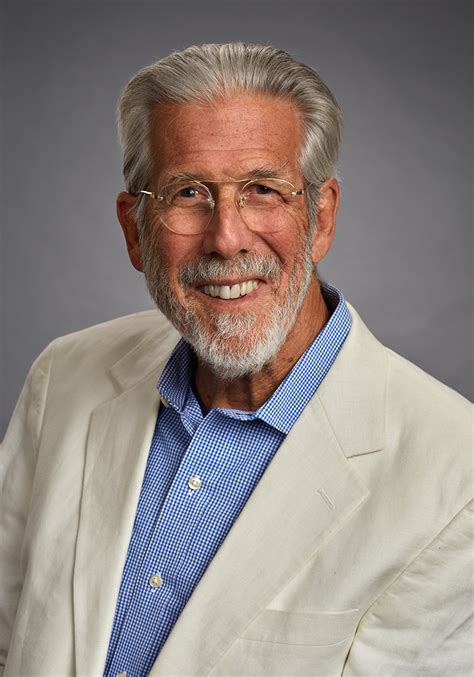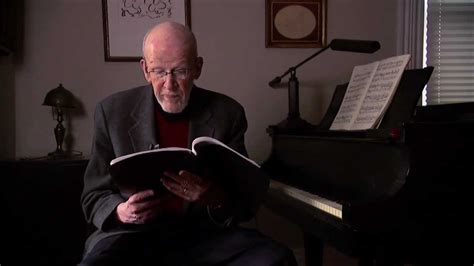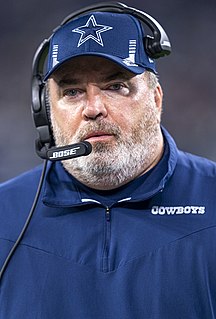A Quote by Harmony Korine
Here's the thing that people don't understand: I don't really care. I've never been a careerist. It's not a strategy. I react to certain characters and story lines and specific mode of filmmaking.
Related Quotes
Some of the writers definitely got inspired by some of the story lines, but we are evolving in the 'Daredevil' story. So when it comes to 'Elektra', they didn't follow one of her specific story lines, you know. They really tried to capture what comes through the comics, but there's not one specific storyline.
A lot of people think that they are really cool because they don't outline. In my writing group, they would say, "I will never outline. I let the characters take me." C'mon, man - I outline the story, but it's only like one page. It's a list of possible reversals in the story, like things where everything will just change because of this certain reveal or this certain action. Then I start really digging into the character because, to me, I don't care what the story is.
I try to employ a different strategy for each story. Often, I'll have a specific look in mind before I even have the story to go with it. I'm not so much interested in forcing the issue of reader identification through various graphic tricks. I'm more interested in creating specific characters that resonate with my own particular inner struggles.
The story is the only thing that's important. Everything else will take care of itself. It's like what bowlers say. You hear writers talk about character or theme or mood or mode or tense or person. But bowlers say, if you make the spares, the strikes will take care of themselves. If you can tell a story, everything else becomes possible. But without story, nothing is possible, because nobody wants to hear about your sensitive characters if there's nothing happening in the story. And the same is true with mood. Story is the only thing that's important.
The problem is that people really just don't care and they have been "educated" not to care about the monetary system: that it's boring, it's difficult to understand, we need to have high minded people like "Greenscum" and Bernanke to do things like this (and don't forget Volcker, there's the whole cast of them). The thing is that people have been educated or miseducated or brainwashed into believing that this is wayyyy too complicated for regular people to understand and that we need to let PhD economists guide us along in terms of what's right... and that's all bull.
The problem is that people really just don't care and they have been "educated" not to care about the monetary system: that it's boring, it's difficult to understand, we need to have high minded people like "Greenscum" and Bernanke to do things like this (and don't forget Volker, there's the whole cast of them). The thing is that people have been educated or miseducated or brainwashed into believing that this is wayyyy too complicated for regular people to understand and that we need to let PhD economists guide us along in terms of what's right... and that's all bull.
You have to do three things really well to make a successful film. You have to tell a compelling story that has a story that is unpredictable, that keeps people on the edge of their seat where they can't wait to see what happens next. You then populate that story with really memorable and appealing characters. And then, you put that story and those characters in a believable world, not realistic but believable for the story that you're telling.
I've always been - as a teacher, as graduate student, as a student, and I think, really, as a child - I've been interested in poems, but not so much for what the take home pay is, what you might sum up from them in moral or intellectual terms or whatever, but what's in the certain lines and how lines relates to other lines.
I feel like I turned down a lot of things that I wish I hadn't. But you never know when you're younger. I don't have regrets about certain things I turned down. Those films would have required things of me that would have been challenging, and they ended up being really good movies. But I was never a careerist, I never thought in those terms. I'd be like, "Oh, I'm tired. I don't want to work."
I understand how success is judged and calculated in the coaching profession. That's really all I care about. You go about this business a certain way. Everybody has a certain style and opportunities that are presented to them during your career. When it's over, I'll be judged by that. I care more about the people I work with.

